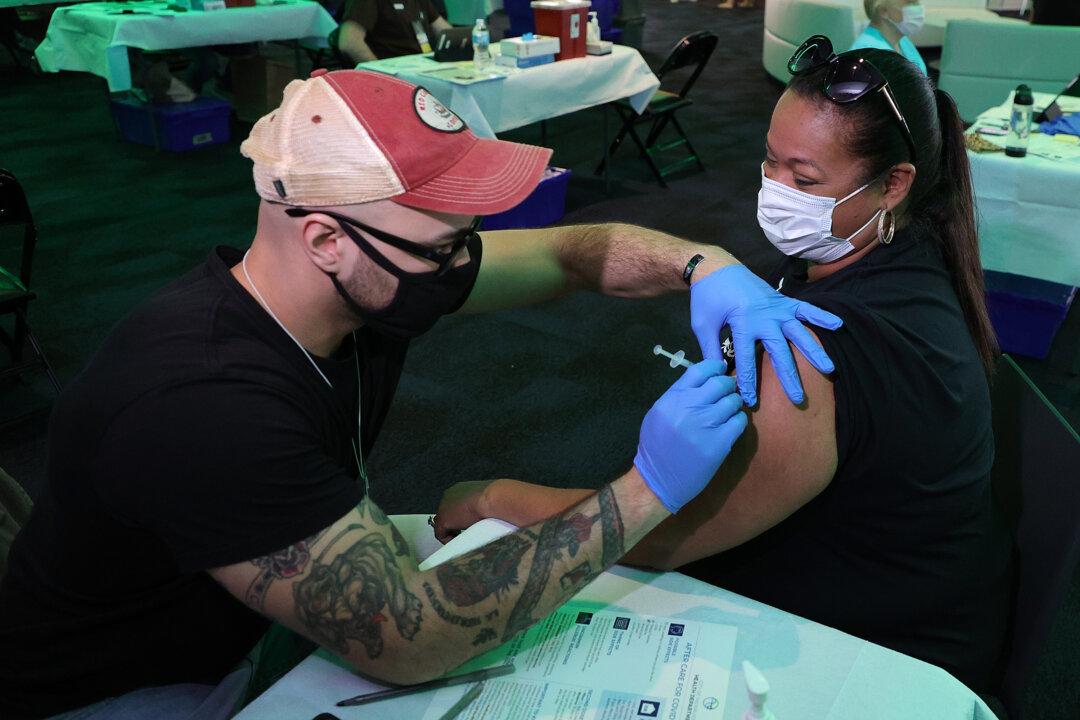The federal Equal Employment Opportunity Commission (EEOC) issued new guidance last week and said businesses can require that their employees get the COVID-19 vaccine without violating federal laws.
Other federal laws including the Americans with Disabilities Act (ADA) that prohibits discrimination based on disability, as well as state and local laws may impact whether businesses can mandate their employees to get the vaccine, according to updated guidance posted on the EEOC’s website on May 28.





